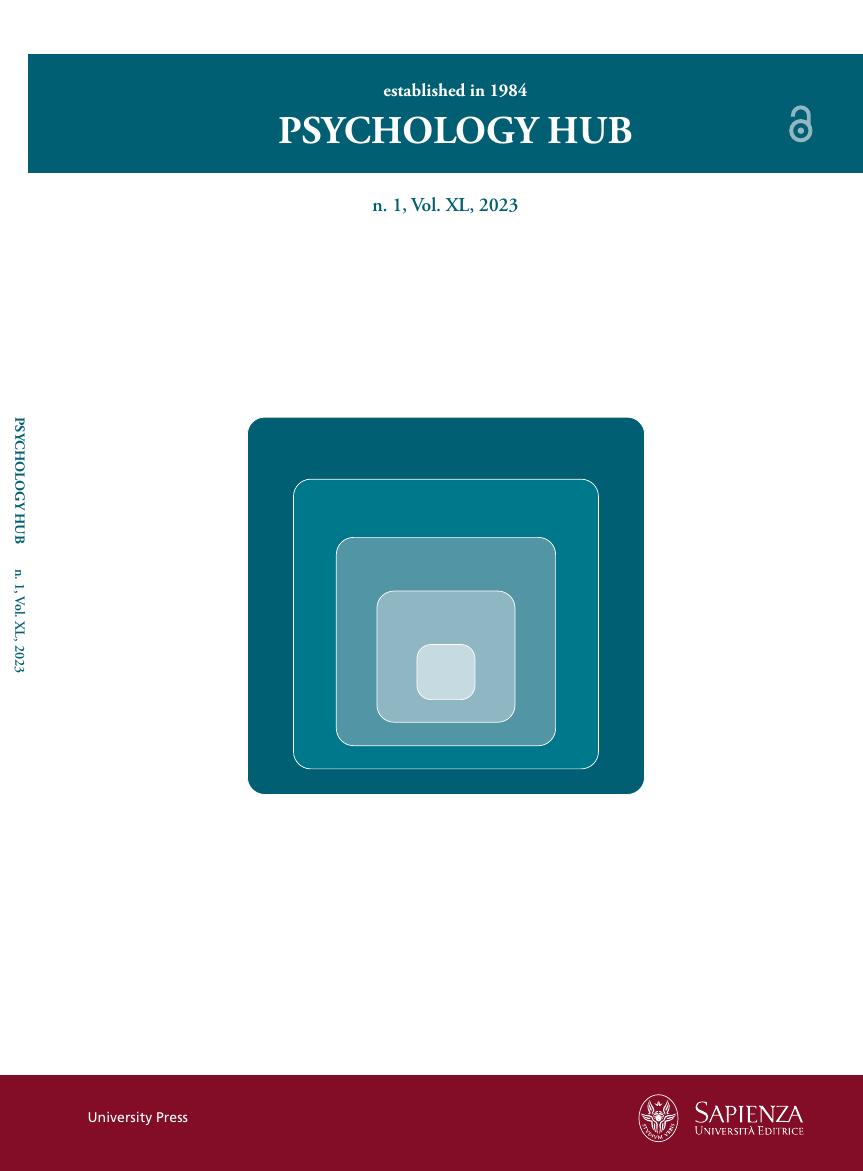Between populism and egalitarianism: mapping attitudes toward social and political issues during the Draghi government using exploratory graph analysis.
DOI:
https://doi.org/10.13133/2724-2943/17982Keywords:
social and political attitudes, Draghi government, right-wing populism, egalitarianism & inclusion, LGBTQ rights and gender equalityAbstract
Using a community sample of 323 individuals (74% women; Mean Age = 26.9 years), who completed an online survey from April 2021 to April 2022, the present study explored the relations among attitudes towards a variety of social and political issues that sparked social media debate. The study used the Attitudes towards Social and Political Issues (ASPI) survey, which covers attitudes towards COVID-19, vaccines, the European Union, migrants, LGBTQ+ rights, gender equality, religion, and conspiracy beliefs. Using an Exploratory Graph Analysis, the study discovered three attitude communities. The first community, labeled equal rights & inclusion, encompassed positive attitudes towards LGBTQ+ rights and gender equality. The second community, labeled national populism, included hostility towards immigrants and anti-EU sentiments. The third community, labeled religiosity, emerged as an autonomous cluster related to national populism positively and equal rights and inclusion negatively. The ASPI scores were sensitive to individual differences in political and religious orientation. The national populism score was the most likely proxy for political orientation, while religiosity marked the difference between those who said they were Christians, or followed other religious or spiritual doctrines, and atheists or agnostics. Overall, the study provides insight into the complex social and political landscape in Italy during the Draghi government.
Additional Files
Published
How to Cite
Issue
Section
License
Copyright (c) 2023 Psychology Hub

This work is licensed under a Creative Commons Attribution-NonCommercial-ShareAlike 4.0 International License.





